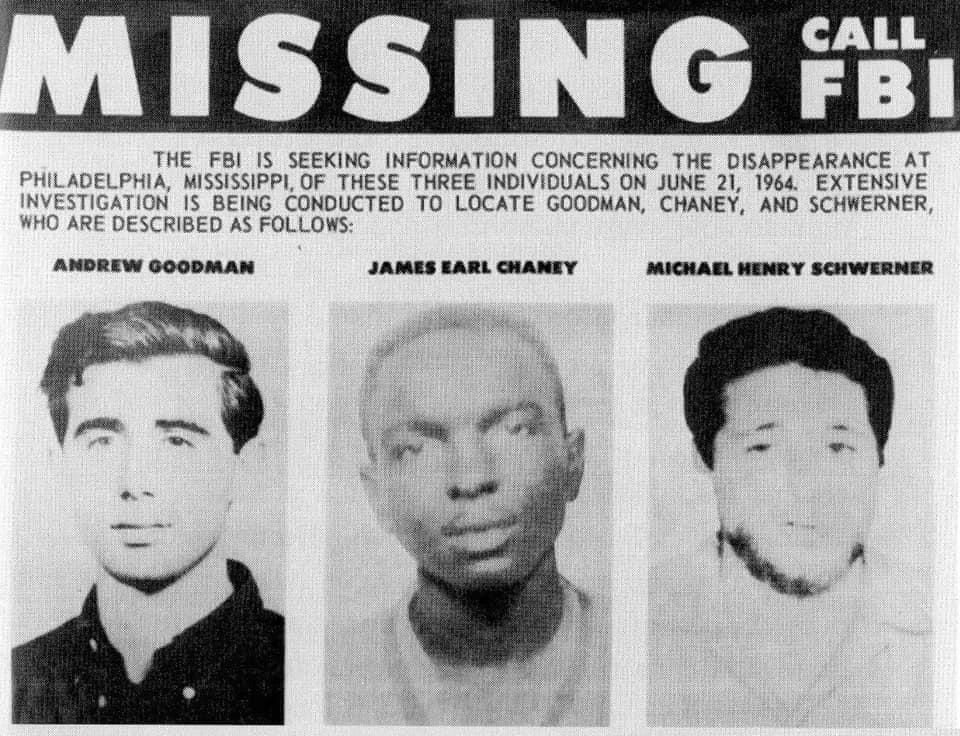
Organizers behind the “He Gets Us” campaign are set to spend $20 million in Super Bowl ads alone and $1 BILLION over the next three years. Let’s talk about the (mis)uses of a Christian/evangelical money.
apnews.com/article/religi…
apnews.com/article/religi…
Of course these multi-million dollar funds could go to support individuals and organizations already doing good work on a local or national scale. We started The Witness Fellows program to fund Black social entrepreneurs at $100K (‼️) each over two years. thewitnessfoundation.co/fellowship 

But let’s say you wanted to use media and marketing to highlight Jesus for a generation who increasingly identify as having no particular religious affiliation. There are better ways to do it than what “He Gets Us” is doing. 

Young people are born into the digital world. Multi-media content creation is, in many ways, their first language. Why not fund these creators to come up with their own content and tailor the message for other young people?
Better yet, instead of spending $1 billion over three years for the “He Gets Us” marketing campaign, start or fund incubator programs for creatives and production studios that offer Black and other historically marginalized groups funding for literature, film and digital content
Here’s where that $1billion dollar figure comes from:
“The goal is to invest about a billion dollars over the next three years,” [Vanderground] said. “And that is just the first phase.”
christianitytoday.com/news/2023/febr… #HeGetsUs
“The goal is to invest about a billion dollars over the next three years,” [Vanderground] said. “And that is just the first phase.”
christianitytoday.com/news/2023/febr… #HeGetsUs
I said “Christian/evangelical” use of money because David Green, the founder of Hobby Lobby is one of the major donors to the “He Gets Us” campaign. cnn.com/2023/02/11/us/…
One just gets the sense that a bunch of wealthy (probably white) folks got together because they were dismayed by “politics” division and the rise of the Nones and asked each other what to do with very little input from others. 🤷🏾♂️
Come, let us reason together.
Come, let us reason together.
• • •
Missing some Tweet in this thread? You can try to
force a refresh







